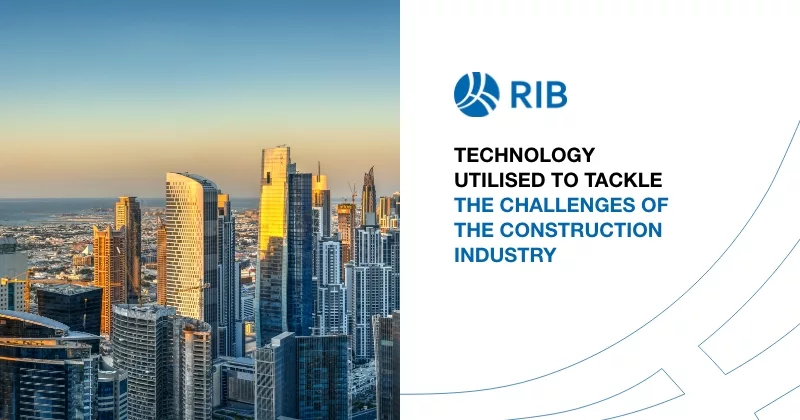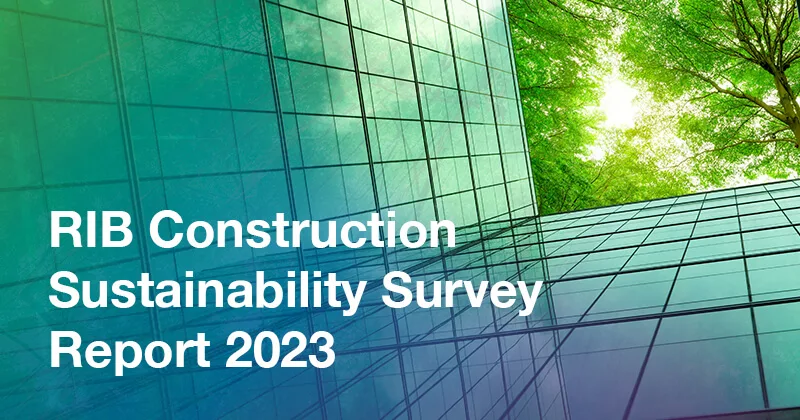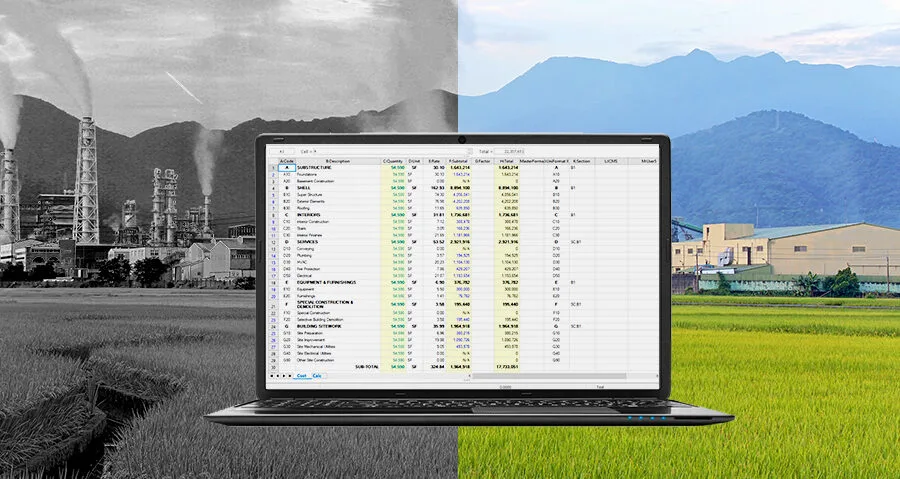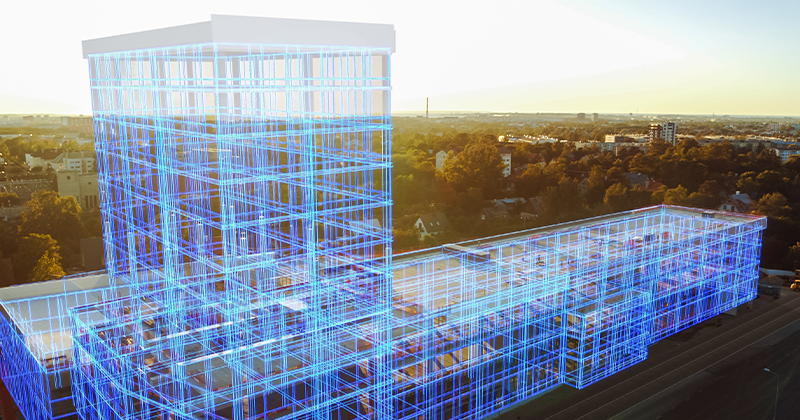49 mins read
Rising Costs In The Construction Industry – Why Is It Happening & What Can You Do?

Construction projects involve major financial investments. There’s a lot that goes into each project in terms of time, materials, and labour. There are also many factors that can throw cost estimations and plans off. This means completing consistently profitable construction projects is tricky to begin with.
As we head further into 2023, a major challenge for construction businesses is the rising costs in the construction industry. Construction projects are becoming more expensive, and it’s important to understand how to respond to this challenge.
Don’t worry. Even with costs on the rise, there is always a solution to keep your construction business operating at an optimal level. We’ll cover this below.
Why Are Construction Costs Rising?
Right now, contractors are faced with the challenge of rising costs in projects. Here are some of the main reasons why this is happening.
Skilled Labour Shortages
The construction industry is facing a shortage of skilled labour, which is driving up costs in the sector.
The demand for new construction projects is increasing, but the supply of trained personnel has not kept pace. This has resulted in a competitive labour market. Contractors are bidding for a limited pool of individuals and salaries are rising.
Labour shortages are particularly pronounced in the infrastructure sector. This is proving to be a significant challenge for the construction industry and it is likely to continue affecting costs in the sector for the foreseeable future.
Materials Shortages
The construction industry is also facing significant rising costs due to a shortage of materials.
The demand for building materials such as lumber, steel, and concrete has increased. This has been driven by the growing demand for new construction projects. However, the supply of these materials has been unable to meet this demand, leading to price hikes and shortages.
This is due to factors such as:
- increased demand in other industries
- supply chain disruptions caused by the COVID-19 pandemic
- trade issues such as tariffs and import restrictions.
A current construction study revealed that 97% of companies that deal with heavy materials (lumber, concrete, steel) expect material pricing to stay high in the year ahead.
As a result, contractors are facing higher costs for raw materials and supplies. These costs are then reflected in the overall cost of construction projects.
The shortage of materials is expected to continue impacting costs in the sector for the year ahead.

Inflation
Inflation is also contributing to the rising costs in the construction industry across the globe.
In the construction industry, inflation affects the cost of materials, supplies, labour, and equipment. As the cost of these inputs increases, the overall cost of construction projects also increases. In addition, the cost of transporting goods and materials has seen an increase due to inflationary pressures on fuel prices.
Inflation can also lead to higher interest rates. This can make it more expensive for contractors to borrow money for their projects.
Essentially, many “small” factors that contribute to the costs in the construction industry are on the rise due to inflation. This makes a BIG difference to the overall project cost at the end of the day.
How to deal with rising costs in the Construction Industry
Unfortunately, businesses in the construction industry can’t control how costs are rising. However, it is possible to work around these rising costs to keep your business operating with a strong margin.
Combating rising costs in the construction industry requires tailored approaches. Each region, contractor, and specialisation will face unique challenges.
However, utilising the right construction technology offers an effective solution. Investing in new software tools can bring many long-term benefits. For example, building information modelling (BIM) software can enhance accuracy, improve planning and keep projects on schedule, ultimately saving time and money.
In addition, advanced cost management software can improve your company’s efficiency, data management and insights, as well as cost control. So, having a complete construction management solution can result in significant cost savings.
Other technology you can adopt includes safety equipment, such as drones or smart PPE with sensors. This helps to reduce risks and hazards faced on-site, keeping workers safe. As a result, there are fewer costs relating to injuries.
While there may be initial investments required for implementing the new technology, taking on the right tools can ultimately offset these costs and help improve your profit margin over time.
Conclusion
The rising costs in the construction industry are certainly a challenge for many contractors. However, using the right software tools means that you don’t have to miss out on your bottom line.
Equip your business with the right construction industry software tools, and you’ll be in a far better place to face whatever financial challenges and uncertainties the industry throws at you.
Most Recent
49 mins read
24 mins read
14 mins read
15 mins read

E-BOOK











